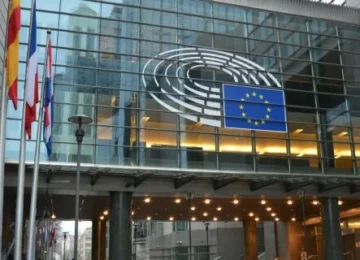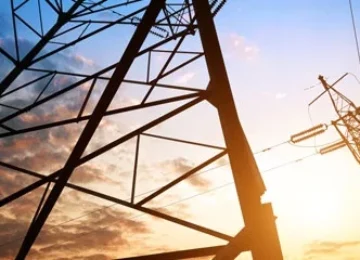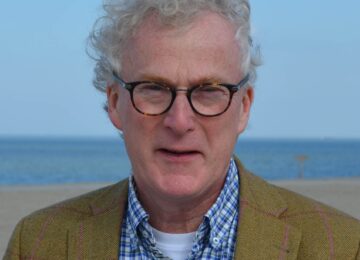ESNL in discussion with Provinces on heat storage bottlenecks
Recent has Energy Storage NL talks conducted with the Provinces of North Holland and Overijssel following the publication of the Heat Storage Action Plan. The target of the conversations was The further professionalization and organization of the heat storage sector. During these talks, the current status and bottlenecks in heat storage, especially collective heat storage, were discussed in detail.
Some knel points of heat storage in the Netherlands
- The unfamiliarity from heat storage ensures that it is not structurally included in regional plans or is only considered in isolation. This significantly complicates the integration of heat storage, as a holistic approach is not taken.
- At the start of heat storage projects the full responsibility often lies with the developer. This requires considerable technical capacity and capital, as complex integration studies are required to fit thermal storage into the local energy system.
- Heat storage is not rewarded in the built environment: In BENG (NTA8800), heat storage is not recognized for improving a building's sustainability performance. The only measure is euro/kWh, which is a good measure, but not for emerging technologies. In addition the lack of system thinking for it that heat storage hardly competitive.
For these talks, ESNL invites stakeholders who are crucial for knowledge transfer between the sector and policy makers. Are you also interested in contributing to heat storage in the Netherlands? Then sign up for the Heat Storage Working Group as an ESNL participant. In this working group, the latest policy updates and member developments are presented quarterly, and you can You provide input on ongoing investigations, such as the benefits research on heat storage in heat grids.





